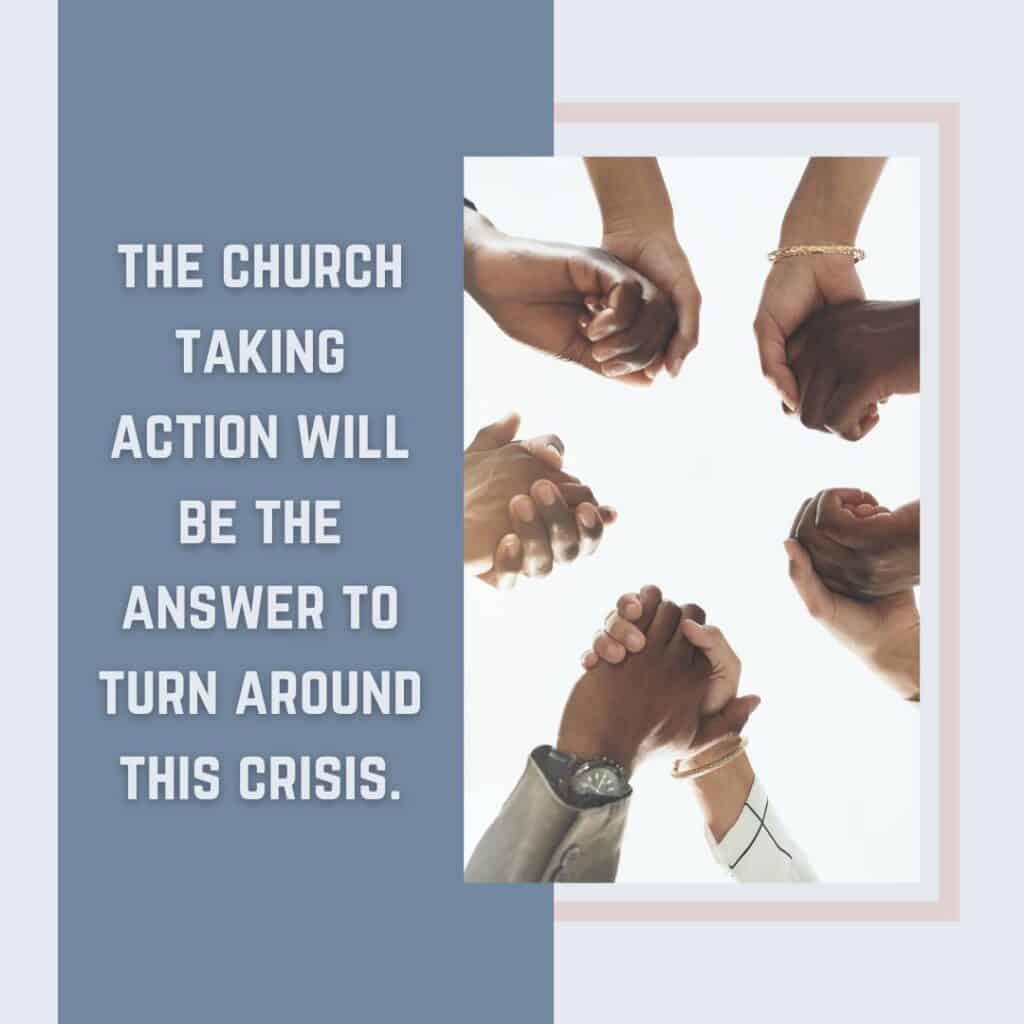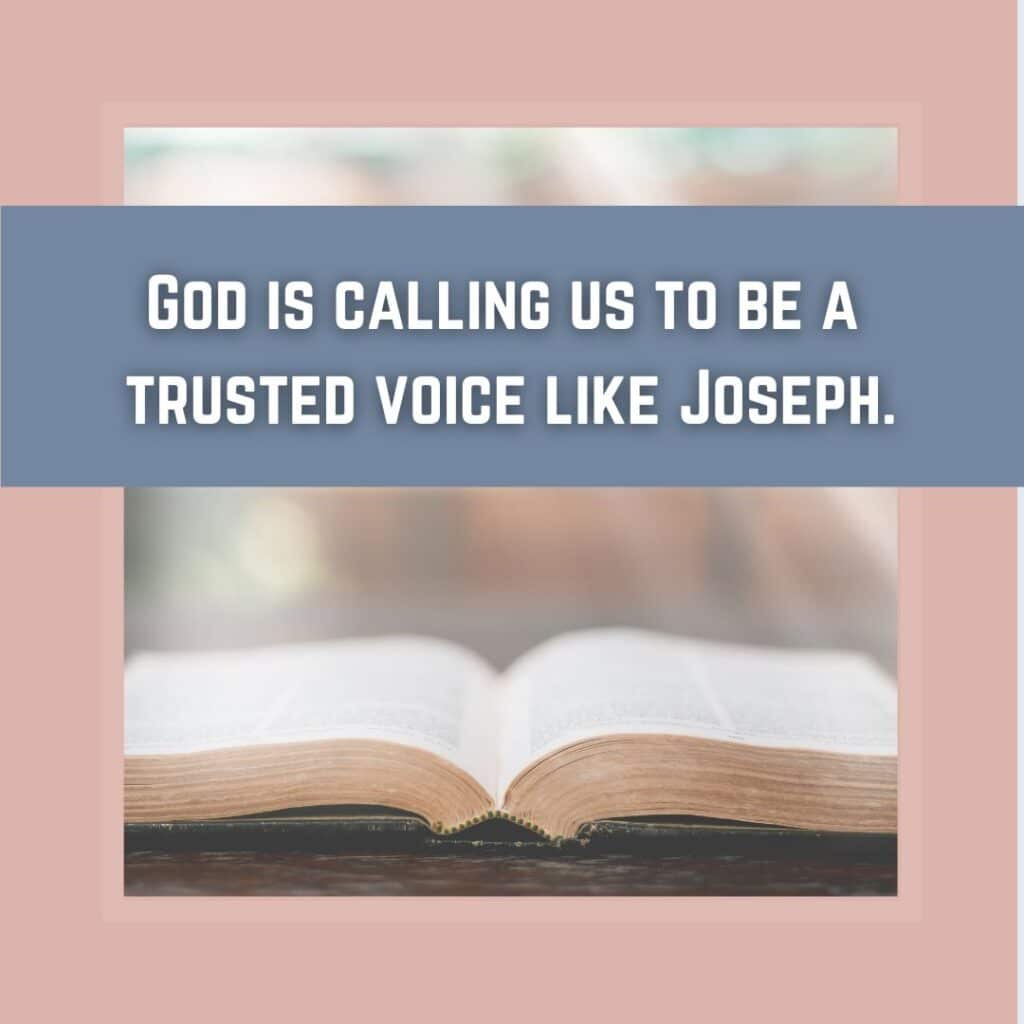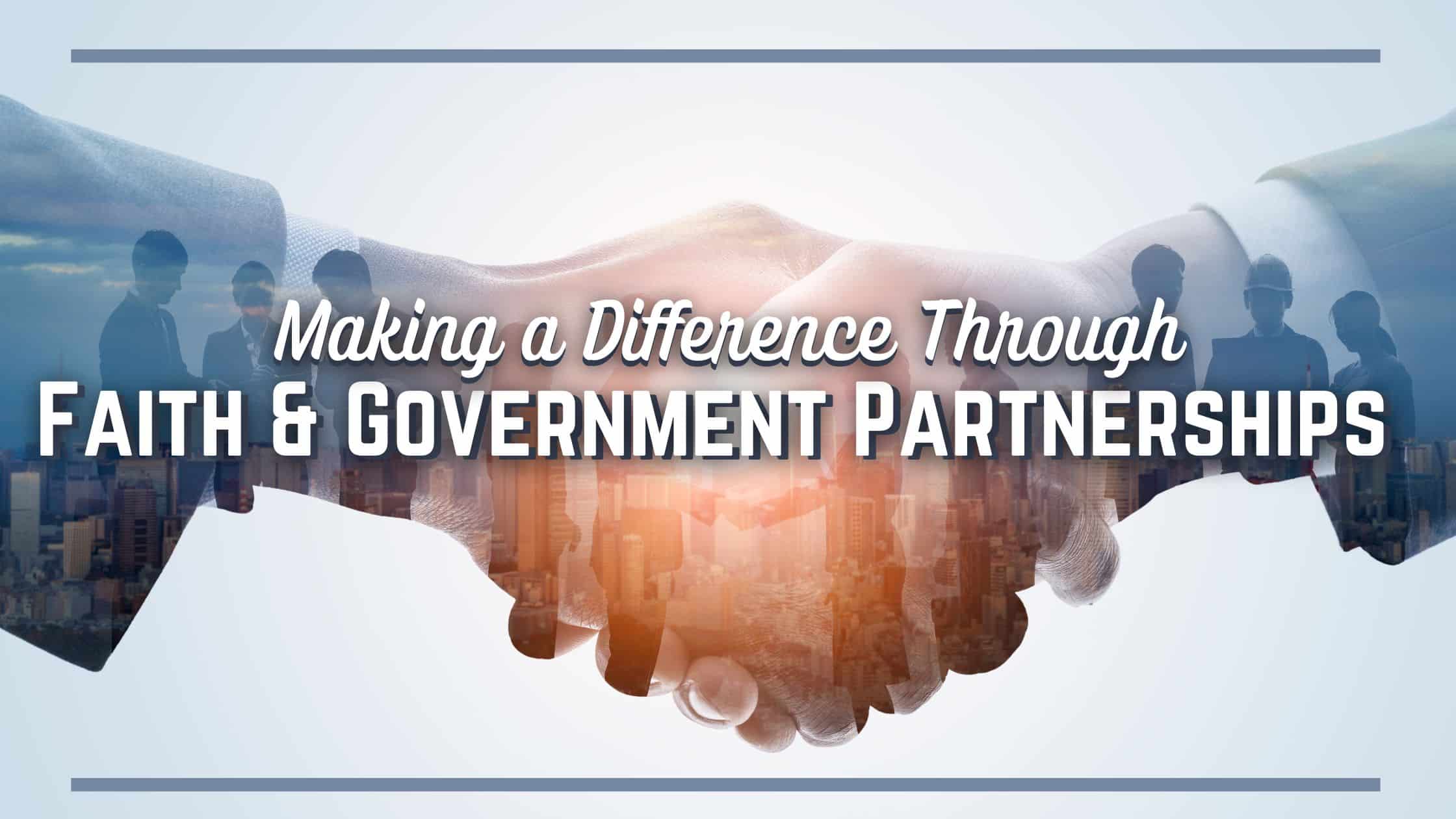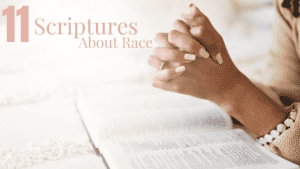Here in Los Angeles, there are incredible people who are working hard to make a difference through faith and government partnerships. The Los Angeles Department of Children and Family Services (DCFS) is full of extraordinary people who work hard and are very dedicated to the success of the children they serve.

Despite DCFS’s monumental and often heroic efforts, its system is failing due to several issues. For one, the department lacks adequate funding for over 30,000 children in its care. In 2022, for example, DCFS had a $350 million deficit. Then there are the issues with caseloads, with most caseworkers carrying a caseload of 30 children that often exceeds 40. Unfortunately, this is more than twice the recommended caseload of 12-15 children. These DCFS caseworkers often lack the help and mental health support they need for such a high-stress job. The biggest issue for the department is providing homes for these incredible children and additional support and resources for the families who open their homes and enter faith and government partnerships.
Here in the City of Angels, the Los Angeles County Board of Supervisors created a LA County Faith Collaborative (Collaborative) that includes faith partners who network with each other and collaborate with DCFS. Focusing on our shared mission, this collaboration works to find solutions for homelessness, mental health, criminal justice, and vulnerable children.
Faith and Government Partnerships Start With the Kids
With 50% of our homeless population and 75% of our incarcerated having spent time in the foster system along with our shared mission for caring for children in need of a home, it makes sense that their first entry into this arena of public and faith partnerships is Children and Family Services.
However, one of the challenges is that collaboration is often a foreign concept in government, and these partnerships are no exception. Much work still exists to reach a real collaborative environment, but progress is being made. Together, the impact that churches and faith-based organizations can have on vulnerable people can be more significant with government resources and accessibility. The faith-based community can utilize unused government buildings and spaces, apply for grants and other funding for our programs, and gain better access to government resources and programs, so we can get urgent help for the people we serve.
Making Faith and Government Partnerships Work

Most counties and cities have buildings that are under-used or vacant. At the same time, churches often struggle to find spaces needed to adequately house food pantries and other programs that serve the community.
In addition, many local government offices have available food resources to help keep pantry shelves full. Another challenge is that government family services are hard-pressed to find suitable locations for family visits. At the same time, churches have unused spaces during the week that could easily transform into perfect family meeting places.
With little effort, the governmental agencies could provide a small grant to dial in these spaces, making them ideal for these family visits. Add insurance to protect churches from liability, and a real, dynamic collaboration exists. It is easy to see that these types of partnerships can serve the shared mission of local government, churches, and faith partners.
Funding the Mission
There is also movement on the national front. Some federal legislators are looking for more ways to provide monies (already allocated) to fund faith-based organizations like Care Portal, which supports its mission to help vulnerable children. This organization is an internet portal where case workers and other non-profits can input the immediate needs of children in foster care and biological families.
This information is sent in real-time to local organizations like churches and other funding partners, who can then provide the needed resources and deliver items to those families in crisis. In addition, legislators have millions of dollars to fund programs working in their communities.
These are funds (that we all have paid into) designated to support successful programs, just like those happening in churches across America.
There are some that are not fans of this approach to make faith and government partnerships work. Some groups will always oppose anything where faith is central. For example, a department supervisor may have a poor history with the faith community, or a caseworker feels churches have no place in a government-run institution. That’s why this approach can only work with high-level leadership buy-in. In Los Angeles, this would be the Board of Supervisors office. They are making significant progress in establishing effective partnerships with the faith community.
Being A Trusted Voice

There are also folks on the faith front that do not feel we should be in a relationship with the government. However, the Bible gives us an excellent illustration of how this works in Genesis 41. God sent Joseph into Egypt to be a trusted voice. He not only brings faith but brings wisdom and solutions to seemingly insurmountable regional issues.
The problems that our children are facing are seemingly insurmountable. I believe God is calling us to be a trusted voice like Joseph and to bring wisdom and solutions to a government searching for answers and reaching out to the church and faith partners for answers in unprecedented ways.
Moving Forward with Faith and Government Partnerships
There are some issues and cautions that need addressing for sure. We need to ensure that governmental partnerships cannot tell churches and other faith organizations what to do, how to do our work, and how to run our churches and organizations. We must remain uncompromising, ensuring we can do the work God calls us to do in the way we feel He is calling us to do it. So far, we all understand these issues. However, this will forever remain a tension where the faith partners must be unwaveringly vigilant.
God calls all of us to care for the widows and orphans and to serve the hungry and hurting. We know with certainty; God is the answer! He has called the Church and His people to protect and serve these precious people in need. Whether it’s taking a child into your family, providing support for families in crisis, feeding the hungry, or helping people get back on their feet, the church taking action will be the answer to turn around this seemingly insurmountable crisis in our country.
One thing is for sure. Local churches have been doing this work and will continue to do so, with or without government partnerships. Prayerfully these faith-based and government partnerships will help provide the resources needed to propel and equip ministries to continue changing lives in the name of Christ.




















